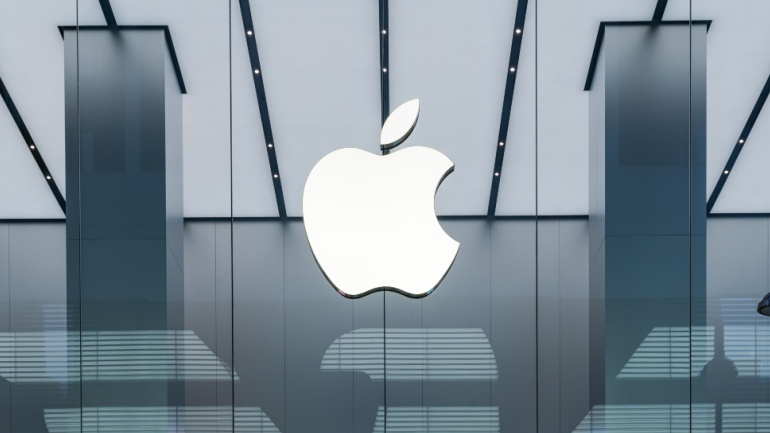Ookla’s analysis of the iPhone 16 reveals improved 5G performance over its predecessors in several regions, including the U.S. and Canada, where speeds surpassed 324 Mbps. However, Samsung’s Galaxy S24 excelled in latency and upload speeds.
Apple’s recent decision to adopt Rich Communication Services (RCS) has sent shockwaves through the messaging landscape, driving broader RCS adoption. RCS, an upgrade from traditional SMS, promises richer, more interactive messaging features that allow users to send high-quality media, see read receipts, and enjoy smoother conversations across devices. In this exclusive Q&A, we speak with Robert Gerstmann, Chief Evangelist and Co-Founder of Sinch, to delve into Apple’s adoption of RCS. Known for pioneering advancements in mobile enterprise communications, Gerstmann has played an instrumental role in shaping the Sinch brand and its global strategy. With over 15 years of experience, he offers an insider perspective on how Apple’s embrace of RCS could reshape messaging dynamics, bridge compatibility gaps between iOS and Android, and open new avenues for business communication. Read on as Gerstmann unpacks the opportunities and challenges of this pivotal shift in mobile messaging, offering a blueprint for businesses keen…
Globalstar has announced a groundbreaking $1.1 billion partnership with Apple to boost its satellite network capabilities. This collaboration will revolutionize Globalstar’s mobile satellite services, utilizing new satellite constellations and infrastructure.
The FCC approved SpaceX to replace its aging Starlink satellites with advanced second-gen models. The number of Australians using FWA for home broadband nearly doubled. Hiya’s report found nearly 20 billion spam calls globally. The UK CMA has paused its app store investigations into Apple and Google.
In an unexpected move, Microsoft and Apple have withdrawn plans to join OpenAI’s board amidst growing scrutiny over AI ethics. This decision underscores the increasing responsibilities AI companies face. Both tech giants remain deeply invested in AI, opting to prioritize their strategic projects and respond to regulatory pressures.
Tech giant Apple has introduced its latest innovation, the Apple Intelligence system, designed to enhance AI capabilities across its operating systems. Unlike creating its own large language model (LLM), Apple Intelligence amalgamates on-device small language models with access to established LLMs, initially partnering with Chat GPT.
Apple is venturing into the realm of artificial intelligence (AI) processing chips for data centers, as reported by the Wall Street Journal. This move positions Apple in direct competition with industry peers like Google and Amazon, which have already heavily invested in AI chip technology.
Recent data reveals a promising resurgence in the global smartphone market, with Samsung and mass-market mobile phone brands spearheading the rebound while Apple faces challenges in keeping pace. According to Canalys, smartphone sales worldwide reached 296.2 million units in the first quarter of the year, marking a notable 10% increase compared to the previous year. This growth signifies the market’s first positive double-digit year-on-year figure since early 2021, reflecting better-than-expected performance.
Despite the much-anticipated launch of Apple’s Vision Pro, reports indicate a struggle in sales for the tech giant’s high-priced mixed reality headset. Noted Apple analyst Ming-Chi Kuo recently shared insights on Medium, revealing that Apple has slashed its shipment forecast for the pricey device.
According to Counterpoint’s Market Pulse Service, China’s overall smartphone sales saw a modest 1.5% year-on-year growth in Q1 2024, marking a second consecutive quarter of positive growth. Notably, Huawei experienced a remarkable 69.7% year-on-year increase in market share, solidifying its position in the market. This growth was attributed to Huawei’s successful launch of the 5G-capable Mate 60 series and its enduring brand reputation, particularly in the premium segment priced above $600. In contrast, Apple witnessed a 19.1% year-on-year decline in market share during the same period, partly due to Huawei’s gains in this segment.













